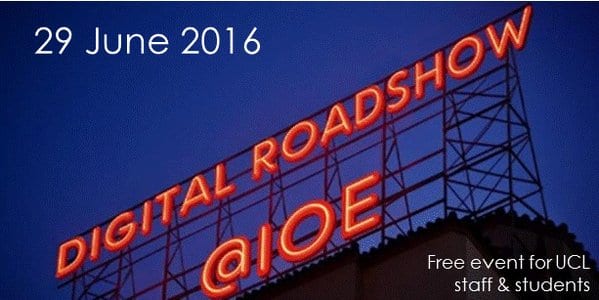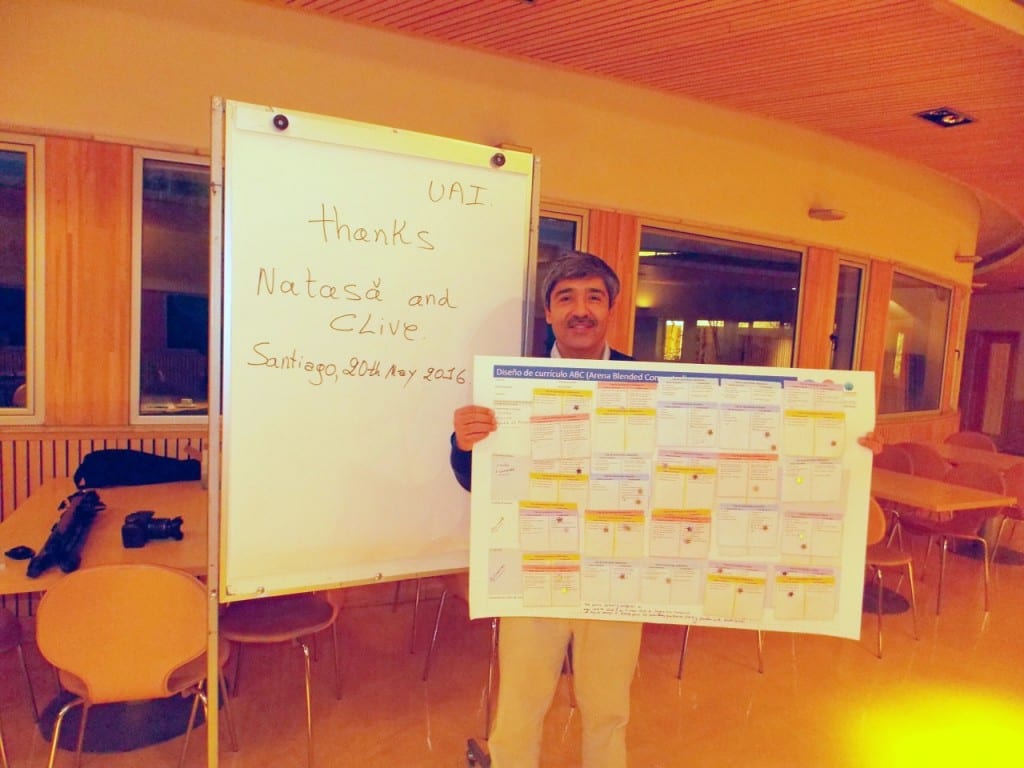Last week I attended the annual Turnitin UK User Group, which this time was hosted in Westminster, London. The user group gave me (and by extension E-Learning Environments/ UCL) an opportunity to ask questions directly to Turnitin and to learn more about up-coming developments to the system.
A focus of the day was the large amount of restructuring and staff changes Turnitin have gone through over the last year. This means they have now created a dedicated team for Moodle and have moved to an agile product development framework called Scrum. Hopefully this will mean that any required bug fixes or feature changes can be carried out much more quickly than in the past (when they were using the Waterfall framework), however only time shall tell. They were also keen to emphasise that the huge scale of the changes is still sinking in and it could take a bit more time for them to fully adjust.
What’s new?
One of the much anticipated features that has been added to Turnitin version 2 (V2) is the ability to email non-submitters. This means that even in anonymous marking mode, you can easily email a reminder to all students who have not submitted.
Unfortunately it looks like it will still be a while until the highly requested ability to carry out double blind marking is available. Turnitin currently estimate it won’t be available until 2017. Apparently this is due to very localised demand for such a feature, with the UK & Australia being the only places that require it. As Turnitin is a global service they often have to dedicate their resources to enhancements that will benefit all of their customers. At least it is still in their plans, and we will continue to pressure them to make the feature available as soon as possible.
Accuracy was mentioned as one of the companies key priorities, which you would hope it would be as they market themselves as a ‘plagiarism detection’ service. In light of this they are working to expand and improve their database, which student submissions are matched against. Currently the database includes:
- 57 billion web pages
- 143 million STM journals
- 570 million essays
- 26 million students
They are aiming to improve this with a new deeper crawler called ‘Walker’, which not only goes deeper into webpages and documents but also has the ability to crawl Java script links.
Turnitin Next
After the version 1 and version 2 plugins will come Turnitin Next, which should offer a better experience for both staff and students. UCL are signed up to the beta programme so that we (ELE) can get our hands on this new product first and make sure that it is suitable for use with the rest the UCL community before releasing it live on Moodle. As we start to learn more about this new product and review it within the team we will be sure to keep you all updated.
The new integration leads to a re-vamped document viewer and grading interface that looks in, the promotional videos, like it will be a lot easier to use. Everything is controlled by a single side panel, rather than having to switch between tabs as in the current document viewer. This new viewer also includes features such as:
- Formatting for bubble comments
- Context menu when adding an in-line comment
- Rubrics represented as sliders
- Thumbnail view to navigate document
What else?
Some of the other items on Turnitin’s tentative roadmap (which they stressed is subject to change) are:
- Non integer grades – estimated to arrive in Q3 2016
- Individual extensions – estimated to arrive in Q1/2 2016
They also said that they were planning to launch a research project into how group work might be facilitated in Turnitin. As this is only at the very initial stages I would caution it will be a while until anything is produced (if ever depending on the outcome of the research). For group submissions I would still recommend Moodle assignments, you can find out more about how this works in the UCL Moodle Resource Centre wiki.
 Close
Close






